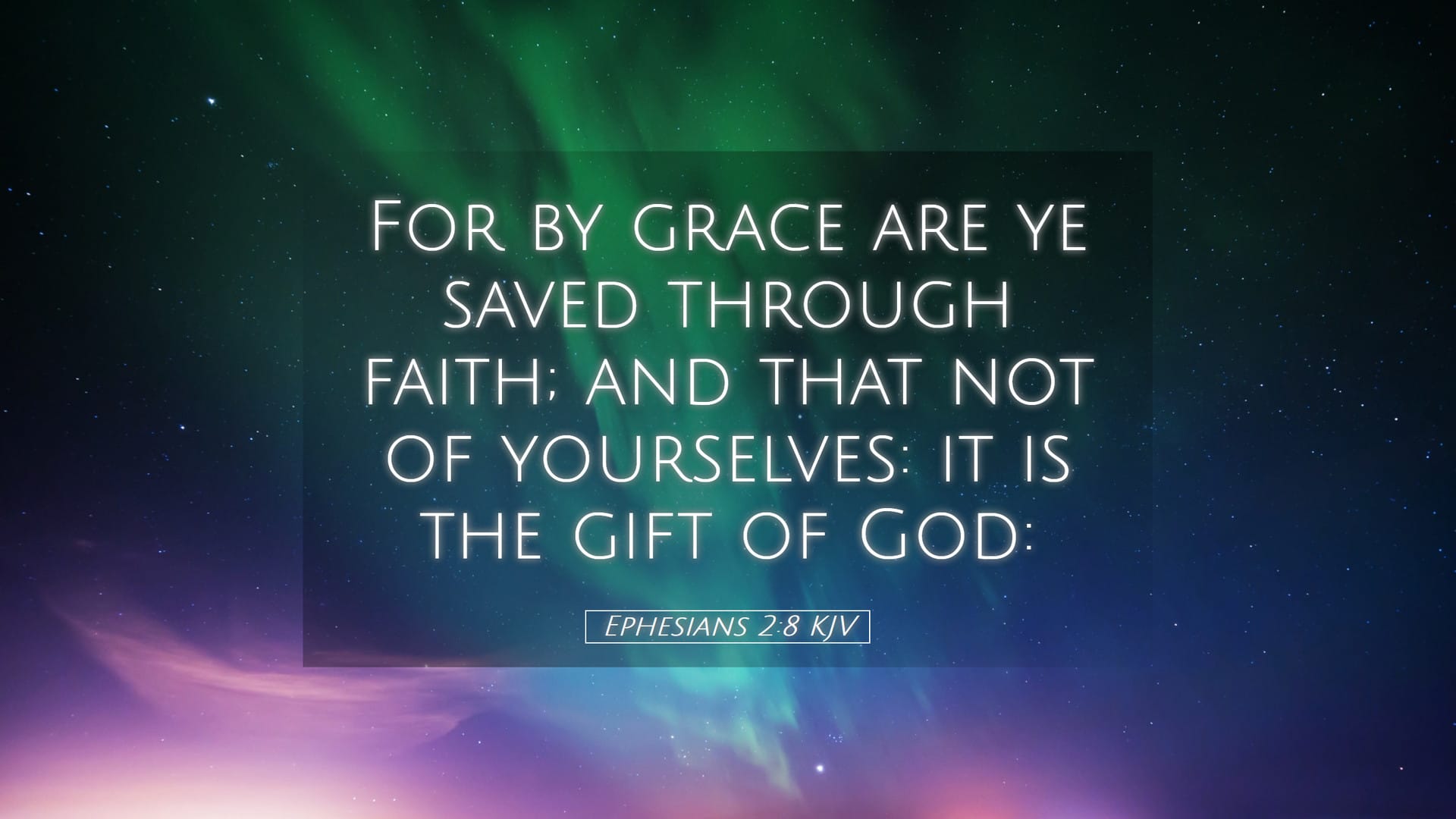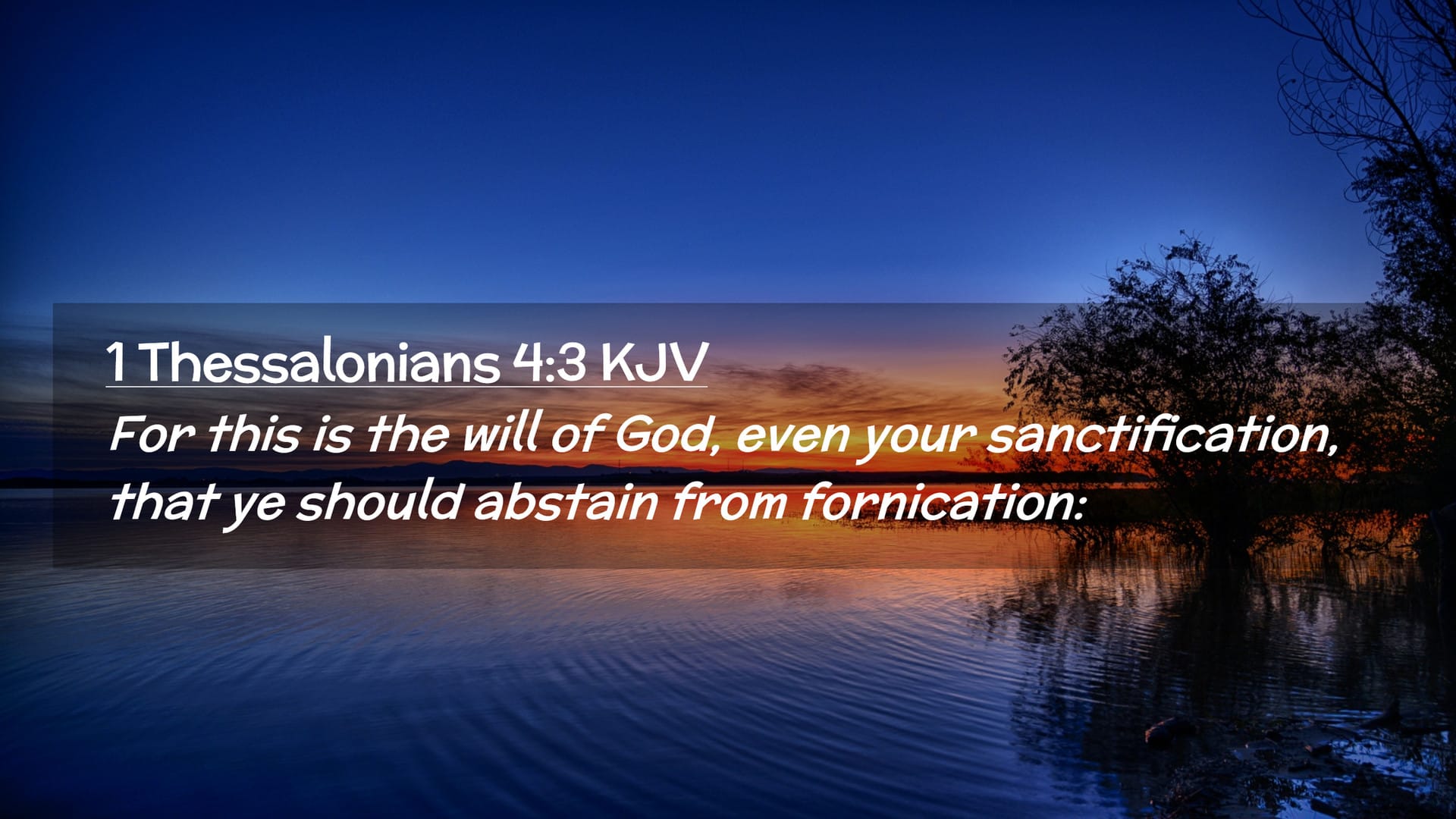Salvation vs. Sanctification: What’s the Difference?

Many Christians confuse salvation and sanctification. While closely connected, the Bible treats them as distinct works of God in a believer’s life.
1. Salvation: God’s Gift of Grace
Salvation happens the moment we believe in Christ and accept Him as our Lord and Savior. It is by grace through faith, not by works:
“For by grace are ye saved through faith; and that not of yourselves: it is the gift of God.” – Ephesians 2:8 (KJV)

Salvation delivers us from sin’s penalty (which is hell) and gives us eternal life in Christ.
2. Sanctification: The Process of Becoming Holy
After salvation, God begins a lifelong process called sanctification, which simply means that He is making us more like Christ. Paul writes:
“For this is the will of God, even your sanctification, that ye should abstain from fornication.” – 1 Thessalonians 4:3 (KJV)

Sanctification involves daily surrender, spiritual growth, and obedience to God’s Word.
3. Why the Difference Matters
Salvation is instant; sanctification is ongoing. Salvation changes our position before God; sanctification changes our character.
“Being confident of this very thing, that he which hath begun a good work in you will perform it until the day of Jesus Christ.” – Philippians 1:6 (KJV)

Conclusion:
Salvation saves us; sanctification shapes us.
Both are essential for the Christian life.
One begins it, the other grows it.